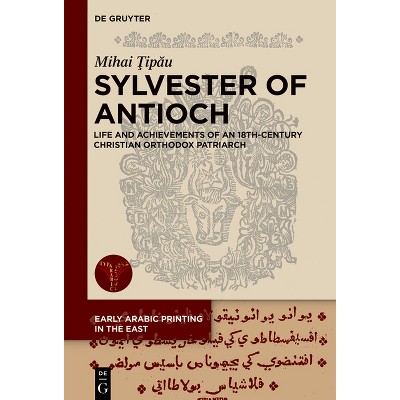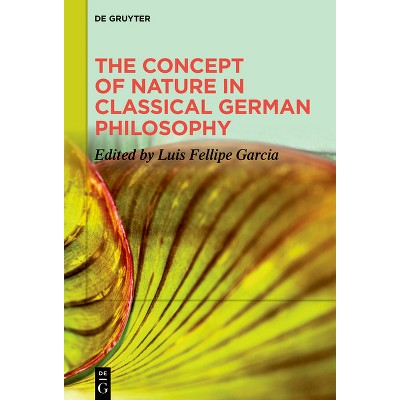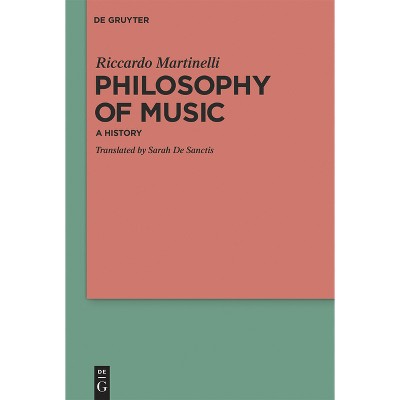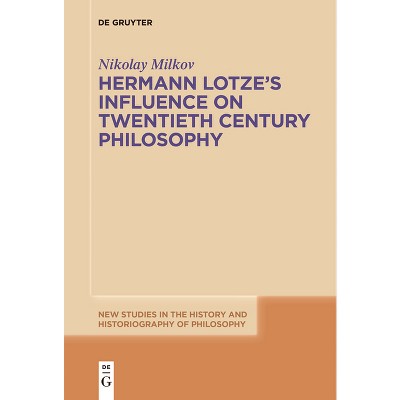Franz Brentano and the 19th Century Idea of Philosophy as a Science - by Susan Krantz Gabriel & Ion Tă & nă & sescu (Hardcover)

About this item
Highlights
- The idea of philosophy as science expands throughout 19th century philosophy; first instantiated by German Idealism's systems in the shape of absolute science which start from pure subjectivity to further gather deductively the entire world under its categories.
- About the Author: Susan Krantz Gabriel, St. Anselm College, Manchester, USA; Ion Tănăsescu, Institute of Phil.
- 500 Pages
- Philosophy, History & Surveys
Description
Book Synopsis
The idea of philosophy as science expands throughout 19th century philosophy; first instantiated by German Idealism's systems in the shape of absolute science which start from pure subjectivity to further gather deductively the entire world under its categories. This idea is later found within the works of Franz Brentano in the form of philosophy as inductive science that has to work according to the method of natural sciences. However, despite this methodological commitment, Brentano did not give up the metaphysical dimension of philosophical research and accepted natural theology as philosophical science. In this way, his inductive-scientific philosophy is fundamentally different from Comte's and Mill's positive philosophy, which purposely bracketed metaphysical problems in order to focus upon the constant relations of phenomena. Within this framework, the volume starts from Brentano's conception of philosophy as science and aims to analyze the source of this idea in Mill, Comte, and Bentham, its criticism and further development by Marty, Stumpf, Twardowski, and Husserl, and also the alternative competing views on the topic of Hegel, Schelling, Nietzsche, Kierkegaard, Schopenhauer, Newman, Dilthey, and Wittgenstein.
About the Author
Susan Krantz Gabriel, St. Anselm College, Manchester, USA; Ion Tănăsescu, Institute of Phil. and Psych. of Romanian Academy, Bucharest.
Shipping details
Return details
Trending Book Pre-Orders











